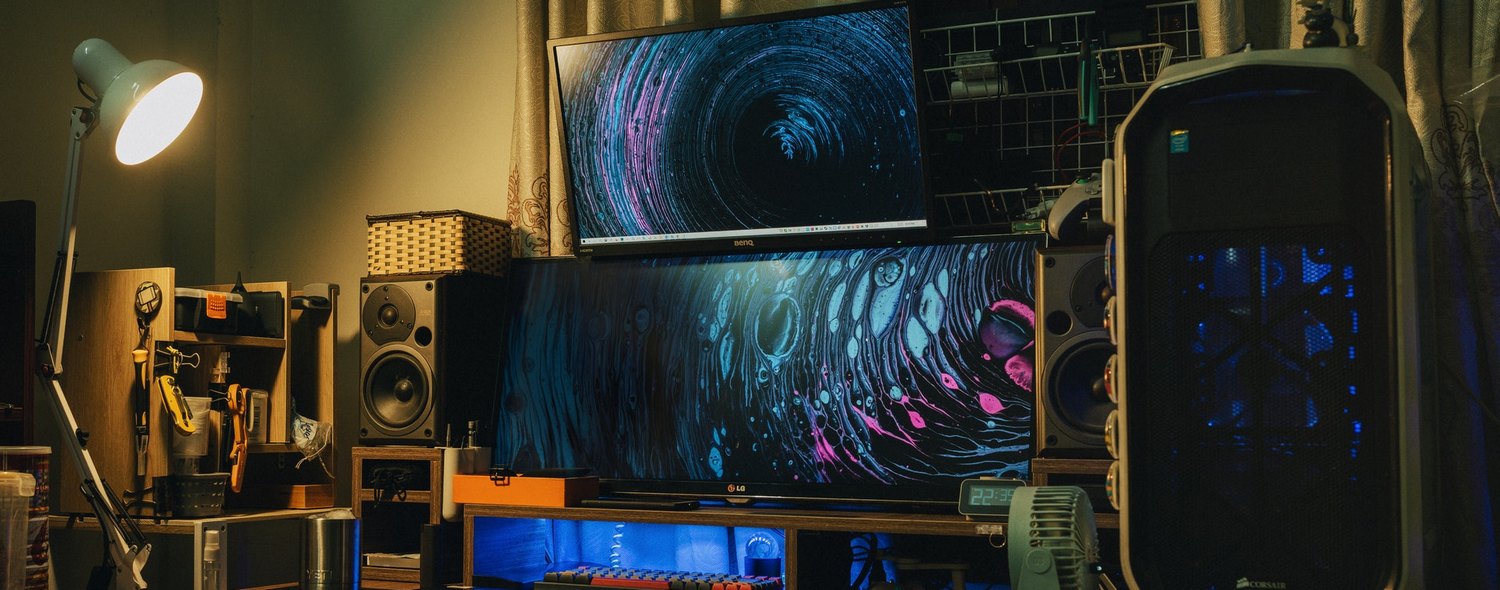During his appearance at the Video Game Developers Conference in Rome, Phil Harrison, former president of Sony Worldwide Studios, asked the audience if they believed that in the future games of Modern Warfare 2 quality would run directly in a Web browser.
After the hands of those in attendance showed, he said: “I think the answer is yes. I believe that in the next five to 10 years we will easily get games of this level in a web browser, on a cell phone, on an iPad, and be able to provide a similar level of immersion on any screen.”
Mr. Garrison then noted that the emergence of such games will be the result of what he calls “the browser wars of the 21st century.” This battle for industry dominance will be far more serious than the 1990s confrontation between Netscape and Microsoft. The new browsers will be able to provide, as Phil Harrison notes, a very rich and very deep gameplay experience. “Someone will be the winner. Someone will provide console-level 3D graphics, video and audio right in the web browser. It’s going to be a game changer in our industry that will evolve what we can do in the browser and, I think, create the next generation platform for gaming.”
Phil Harrison, who started his career back in 1985 working on games for the Commodore 64, notes that the gaming industry is in transition: previously everything revolved around selling boxes of products in stores, but now it revolves around services that provide everything digitally over the Internet. And the speed of the industry’s transformation is impressive: some parts of the world like South Korea or parts of Asia no longer have a boxed game sales industry.
He then noted that the real growth of the game industry, the incremental profits in the next ten years, will be almost entirely tied to the Internet. In his view, today’s computer game developers must now think about how to make money from games and compete in the new online world.
Phil Harrison then noted that 68% of global venture capital investment in the gaming industry now comes from online projects and, in particular, online browser games, and added:
“These investments will create the gaming economy of tomorrow. These companies will create the new technologies, environments, gaming business models of tomorrow. These types of investments will start big changes in our industry in the next three to five years.”
He also added that he thinks the big opportunities for success lie in creating games for the most mainstream audience on open-policy platforms, not the likes of the iPhone, PlayStaion, Wii and Xbox 360. In his opinion, the process of bringing games to market for “closed systems” is very difficult. Phil Harrison cited Facebook as an example of “open systems.” However, he noted that there is a tendency for casual games to dominate on platforms with less stringent rules.
Ξ Back 4 Blood – the best decks for Campaign and for Co-op
Phil Harrison went on to say that the main battle in the gaming industry will unfold for the average casual player on open platforms. In this new world, he believes console manufacturers will also become more open, giving more freedom to developers and encouraging creativity. “I think we may be seeing the last traditional console companies in the market right now. I don’t think there will be a new market entrant that can compete at the level that Sony, Microsoft and Nintendo have established.”
The role of browsers, indeed, is growing steadily, and high-profile online projects are popping up more and more often. And streaming game services like OnLive and Gaikai can already provide the ability to run the latest games, in fact, in a browser window. As time goes on, the influence of the Internet on the gaming industry will undoubtedly increase.


